In a recent interview with the Associated Press, Mbui Wagacha, former economic adviser to President Uhuru Kenyatta, provided critical budgetary advice to the current Kenyan government under President William Ruto.
Wagacha emphasized the necessity of establishing a professional budget and management body to address the ongoing fiscal challenges and ensure effective financial governance.
Wagacha’s insights were delivered in the context of President Ruto’s announcement regarding the consequences of potentially dropping the Finance Bill 2024.
The economist pointed out that the absence of a specialized body has led to significant issues in the bill’s formulation.
“Parliament has abdicated its mandate on the public finances in the Constitution and it’s looking after its own interests,” Wagacha remarked, highlighting the legislature’s failure to prioritize public financial management.
According to Wagacha, the current budgetary process, wherein the Ministry of Treasury submits budget estimates to the Finance Committee in Parliament, is flawed.
He advocated for the establishment of a body akin to the Office of Management and Budget (OMB) in the United States.
The OMB’s role includes assisting the President in meeting policy, budget, management, and regulatory objectives across the Executive Branch, making it a model of efficient governance.
The OMB’s functions encompass budget development and execution, agency performance oversight, procurement, financial management, and information technology coordination.
It reviews significant federal regulations, manages privacy and information policies, and coordinates legislative materials and Presidential actions.
Such a comprehensive body, Wagacha suggested, could significantly improve Kenya’s budgetary management and accountability.
Wagacha also warned against the potential pitfalls of excessive borrowing, advising the Kenyan government to seek diplomatic means to attract investment and restructure existing debt.
He argued that this approach could lead to debt write-offs, providing the country with much-needed financial relief.
President Ruto recently indicated that his administration might need to borrow up to Ksh1 trillion to meet budgetary requirements following the decision to drop the Finance Bill.
The government could consider trimming the Ksh3.9 trillion budget to avoid further borrowing.
The global credit rating agency, Moody’s, has expressed concerns over Kenya’s fiscal strategies.
On Monday, Moody’s downgraded Kenya’s credit rating from “B3” to “Caa1,” citing the government’s struggles with escalating debt.
The agency noted that relying on budget cuts instead of passing the Finance Bill could negatively impact Kenya’s financing needs and long-term debt sustainability.
Wagacha’s advice underscores the importance of robust budgetary institutions and prudent fiscal policies.
By adopting a professional budget and management body similar to the OMB, Kenya could enhance its financial stability and ensure more effective governance.







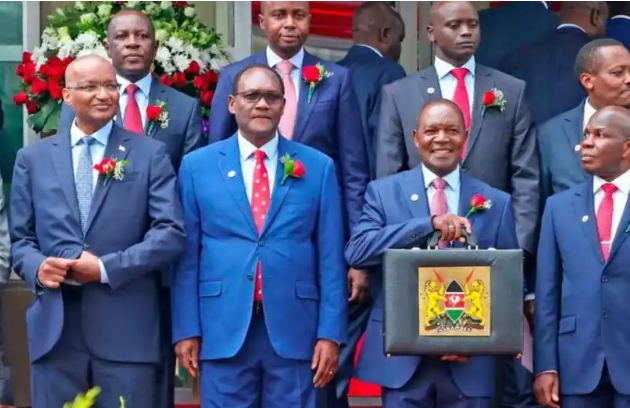


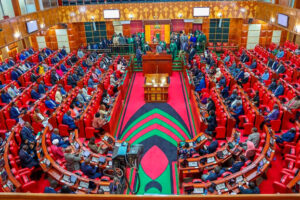


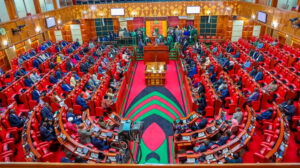
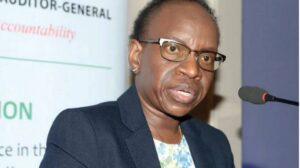

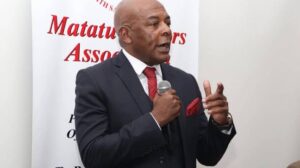



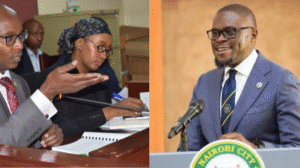
Add Comment